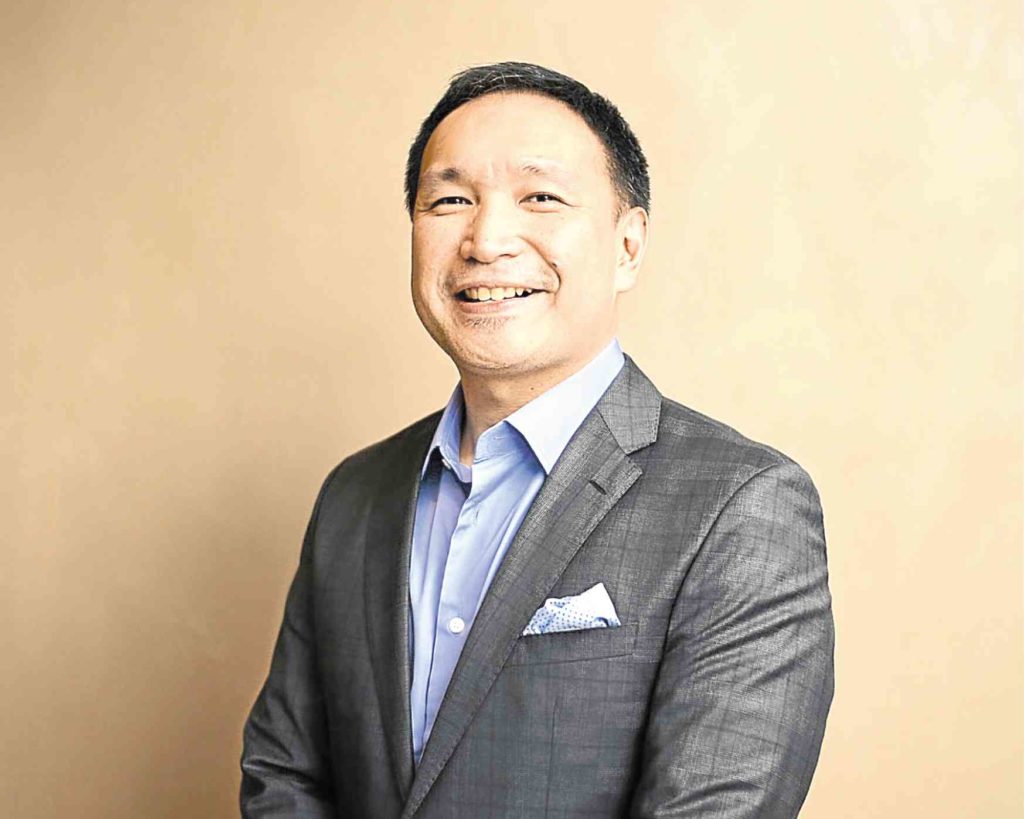Opportunities, keep them knocking
Amable C. Aguiluz IX has always had the passion for innovation.
A true-blue Atenean from grade school to grad school (MBA), a graduate and awardee of Harvard Business School OPM’s program, president of ACA group of companies, and vice chair of the AMA Group of Companies, Aguiluz believes that to keep growing, you just have to keep going.
We had an interesting conversation about seeking opportunities.
Q: You were a pioneer in ink refilling. You even won a case competition in Harvard. But the market became very competitive with different products available. How’s your ‘Ink For Less’ business doing?
A: The ink refilling business 15 years ago has changed drastically. Back then, the business model was targeted towards consumers. Our strategy was to be everywhere nationwide.
However, I realized that business is heavily dependent on technology. When the trend moved towards continuous ink, I already knew that the business would be commoditized so I moved to a more lucrative segment serving the top 500 corporations.
We decided to provide our customers, not only with ink, but with the printers as well. The advantage of high investment created its own competitive advantage. Because of the capital intensive nature of the institutional business, very few competitors could follow suit. Ink for Less retail was then transformed to Ink for Less pro services .
The business model morphed from retail to institution accounts. Under the new business model, we would provide printers to corporations for free, but these companies needed to sign up for a two-year contract, minimum.
The selling point is that companies need not invest in expensive printing machines. Their ink cost becomes 60 percent less than that charged by the OEM (Original Equipment Manufactured) competitors but giving the same page yield and printing quality.
Q: ACA Video rental and some of your other franchises (Fix It) were quite high profile before. What lessons did you learn about opportunity-seeking from these past ventures?
A: ACA Video was my first venture. I was 21 years old at that time. I was a greenhorn in business. This business professionalized the fragmented mom and pop video stores.
When I started ACA video, I thought it was so successful that it would stand the test of time. I had almost 200 stores which I considered quite an accomplishment at 28 years old, but sometimes we realize that we don’t always make the best decisions and can’t always control the business environment, This was my first painful lesson—that business models change. Rampant piracy slowly destroyed the now moribund video rental industry.
Therefore, you must always be ahead of the curve. No business model stays static. You must be able to decipher where the trend is going to be able to beat competitors to the punch. Don’t get too complacent, always be ready for the next move.
Q: What franchising business are you proudest of and why?
A: I would say it’s my first venture—ACA Video—because this is where I experienced my memorable “firsts-” pride, success, thrill, “heartbreak,” tension, sleepless nights—this is also where I realized that I am in the right field. ACA Video was a concept that brought families together that is why it was called “the family video store.” Watching movies in our own homes was a way to spend quality time together and I always believed in giving the closest experience to watching movies in the big screen, minus the hassle of going out, that is why our stores carry only original copies in different formats.
While we were promoting an alternative to family bonding, we were also encouraging part time work among young kids who wanted to earn extra bucks, employing almost more than 50 percent students including some from show business. Because of this, we became sort of a craze. It was a lot of fun back then. I have always been a movie buff myself so working didn’t feel like working. I would spend my time in the store after office hours until closing, fighting the urge to be the cashier myself, while trying to revolutionize and professionalize the video industry.
Q: You started the online education business of AMA University Group, now with some 10,000 enrollees. What’s the strategic intent of the online group?
A: The online business was conceptualized out of real-life problems encountered by working people who still want to improve their credentials.
We realized that out of 1.5 million high school students who join the college system, only 20 percent graduate. This means that most of them, at some point, had to stop studying—to work. We figured that going online is the most convenient way, and the best compromise for them to work and study at the same time.
On top of this, we can also help our PWDs who cannot physically go to school to have a chance to learn from the comforts of their own home. I always believe that education is a right, rather than a privilege.
Lastly, we have our OFWs who want to get their MBAs online so they can further their career—this is also another market we want to help.
The online education is definitely a great tool for AMA to help, not just in developing confidence and academic skills of our students, creating more opportunities, but also in nation building.—CONTRIBUTED















